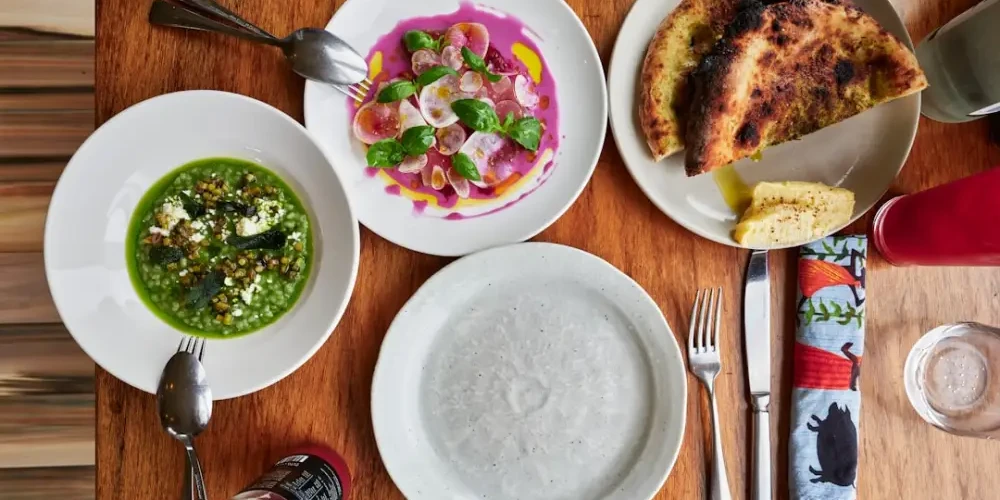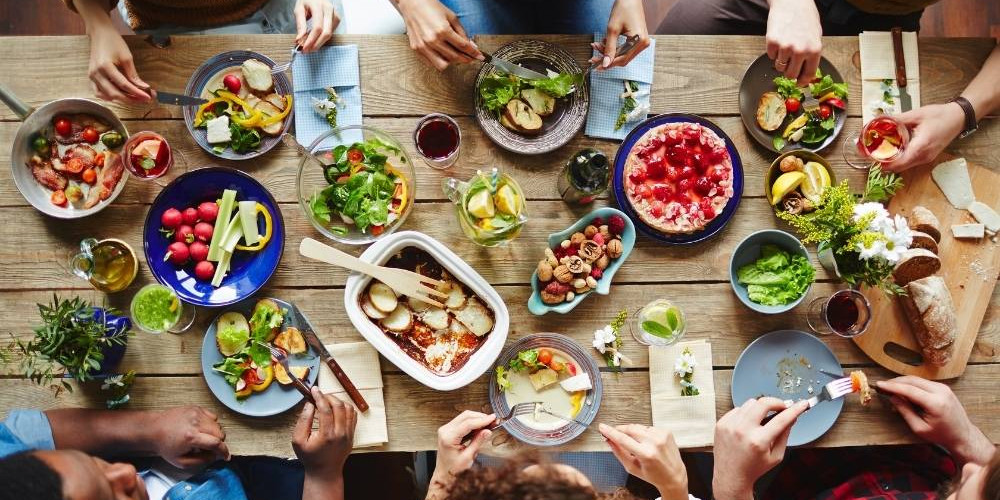Food is more than nourishment—it is a reflection of culture, history, and human connection. Around the world, dining traditions reveal how communities celebrate togetherness, express identity, and create meaning through meals. Exploring these global practices offers not only insight into culinary diversity but also lessons that can inspire our own approach to food and dining.
Sharing as a Universal Language
Across cultures, one common thread is the act of sharing. In many Asian countries, meals are served family-style, with multiple dishes placed at the center of the table for everyone to enjoy. This tradition emphasizes unity, cooperation, and equality at the dining table. Similarly, Mediterranean cultures highlight hospitality, where offering food and drink is seen as an essential gesture of respect and friendship.
Rituals That Honor Food
Dining is often tied to rituals that elevate eating from necessity to ceremony. In Japan, meals are approached with reverence—expressions of gratitude before and after eating underscore respect for nature and craftsmanship. In Ethiopia, eating from a shared platter with injera bread is a ritual that strengthens bonds, symbolizing trust and community. These traditions remind us that food is sacred and deserves mindful appreciation.

The Role of Time and Togetherness
Not all cultures view dining as a quick activity. In Italy, the concept of la dolce vita often translates to slow, leisurely meals enjoyed with family and friends. In France, multi-course dinners can last hours, reflecting the belief that eating is an experience to savor, not rush. Such traditions teach us the value of slowing down, being present, and building relationships through food.
Lessons in Balance and Wellness
Different cultures also show how dining traditions align with health and well-being. The Mediterranean diet, rooted in olive oil, fresh vegetables, and moderate wine, has long been associated with longevity. In India, the use of spices such as turmeric and ginger connects meals with healing properties. These approaches highlight that food is not just fuel but a path to holistic wellness.
Why Cultural Dining Matters Today
In a world that often prioritizes speed and convenience, global dining traditions offer valuable reminders: food is a bridge between people, a marker of identity, and a way to live with greater mindfulness. By embracing lessons from different cultures, we can enrich our own dining experiences, making every meal an opportunity for connection, gratitude, and joy.
Related Posts
Understanding Terroir: A Practical Guide to Tasting the Landscape
Learn how terroir translates the spirit…




